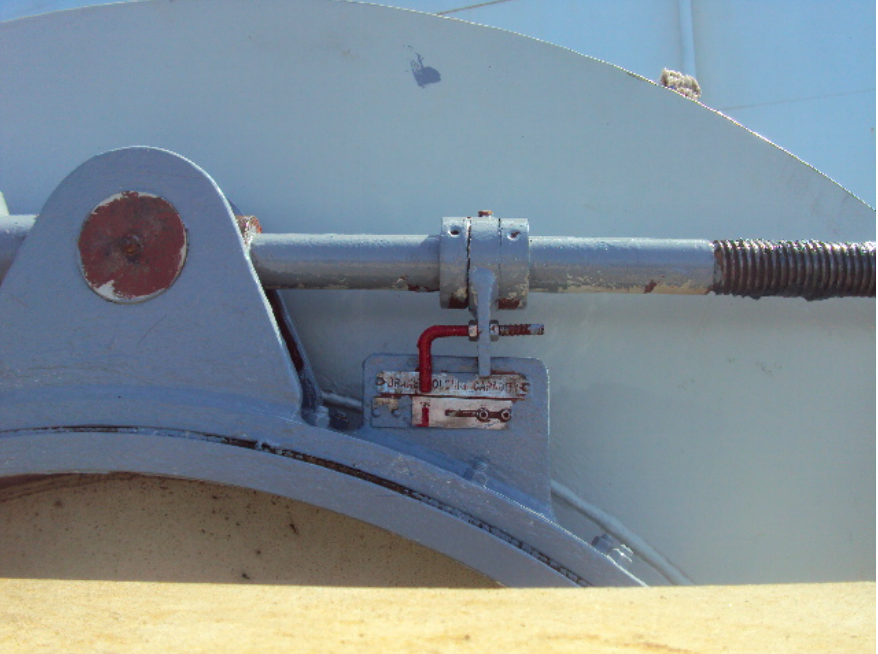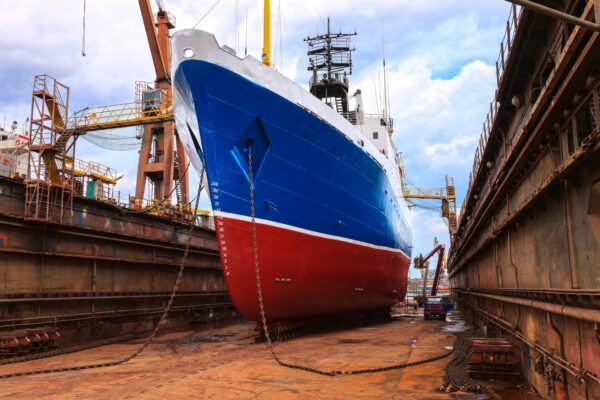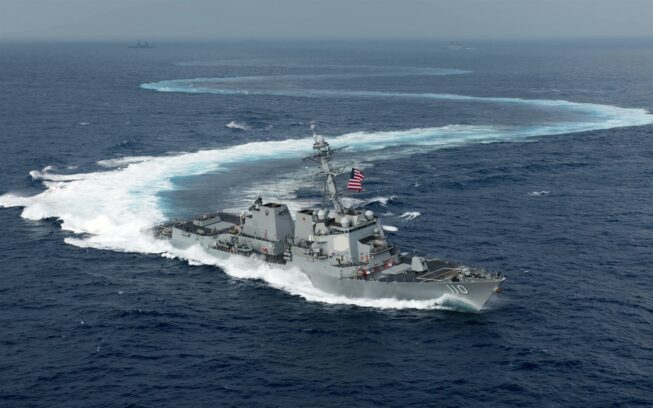- Your gateway to the Maritime Knowledge!
- [email protected]
Rudder Cycling

Mooring Winch Brake Testing on ships
March 30, 2020
What is Critical Period in dry docking and why it is called Critical?
April 1, 2020Simply speaking Rudder Cycling is the application of full rudder on both sides alternately to reduce the speed of the ship. Rudder Cycling is one of the most effective ways to reduce the vessel’s speed in a short span of time.
One of the biggest advantage of the Rudder Cycling is that during the procedure the heading of the vessel does not changes much. The vessel is on or nearly on the same heading.
Types of Rudder Cycling
There are two types of Rudder Cycling
- Low frequency
- High frequency
Let us discuss the procedure for carrying out both these techniques
- Low frequency RC
Step 1: Put Rudder Hard-Over to port until the vessel is 40 degree Off course.
Step 2: Give Hard to Starboard with full astern
This action will stop the vessel with small deviation to the port side of the course but close to the original heading. Although, this maneuver’s effectiveness gets reduced if carried out in shallow water nevertheless, this maneuver results in a stopping distance of approximately 6 times the vessel length.
2. High Frequency RC
Step 1: Put Rudder Hard-Over to one side and stop engines
Step 2: As the vessel starts to swing, put the rudder hard-over the other way
Step 3: Continue to give the rudder movement (hard-over to hard-over) until the vessel stops
Step 4: Keep in mind that you might needs short kicks on engine and corrective helm to bring the vessel to almost initial heading
The effectiveness of this maneuver does not get reduced in shallow waters. This maneuver results in stopping distance of approximately 10 times the ship’s length depending upon the size. This technique, however, is not suitable for full form and deeply laden vessel and mostly effective for the fine form vessels in lightship condition.
Do share your thoughts & suggestions in the comment section below.
Fair Seas & Bonn Voyage!



